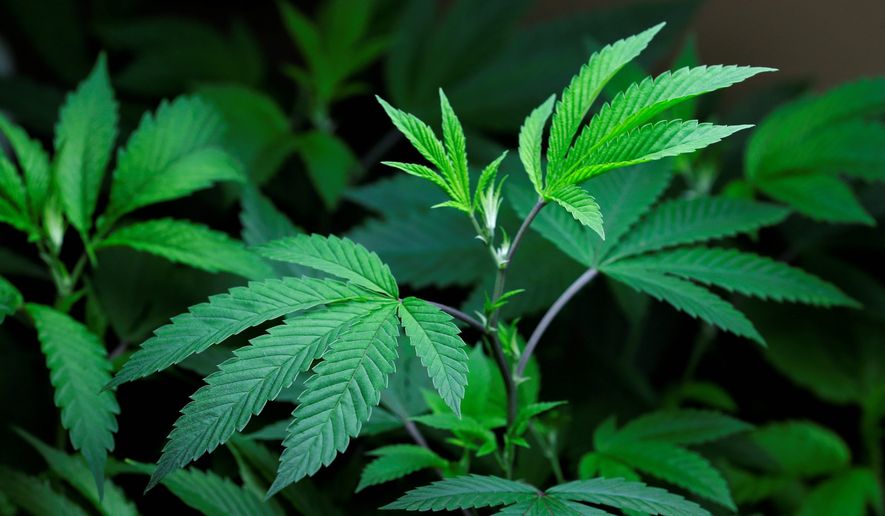The American Legion has formally asked Congress to recognize the potential medical value of marijuana on behalf of the millions of U.S. military veterans who could benefit by seeing cannabis reclassified by the federal government.
The veterans group, which boasts a membership of roughly 2.4 million active and former members of the U.S. military, passed a resolution at its 98th annual convention last week in Cincinnati urging federal lawmakers to reclassify marijuana and eliminate other obstacles currently hindering medical research involving the plant.
Specifically the resolution calls on Congress to “amend legislation to remove marijuana from schedule I and reclassify it in a category that, at a minimum will recognize cannabis as a drug with potential medical value.” Additionally, the resolution urges the Drug Enforcement Agency to license privately-funded businesses nationwide to pot plants and conduct medical research without risking legal repercussions.
The resolution was passed a month after the DEA said it won’t reclassify marijuana from its current standing as a Schedule I drug, a category reserved for substances with zero medical value which also currently includes drugs including heroin and ecstasy.
According to some proponents of medical marijuana, however, the plant has proven to be largely successful with respect to relieving the symptoms of traumatic brain injuries as well as post-traumatic stress disorder, or PTSD, a diagnosis handed down to nearly one-third of Vietnam War veterans, and about one-fifth of those who served in the Iraq War, per the government’s own accounting.
By reclassifying cannabis, currently restrictions that limit research would be removed and a new wave of testing may be able to lend credence to those who say the plant poses medical benefits.
Dr. Sue Sisley, a researcher involved in the first federally-approved study to investigate the potential benefits of treating PTSD with pot, applauded the American Legion’s latest effort in an interview this week with Marijuana.com, where the resolution was first reported.
“I consider this a major breakthrough for such a conservative veterans organization,” she told the website. “Suddenly the American Legion has a tangible policy statement on cannabis that will allow them to lobby and add this to their core legislative agenda. The organization has a massive amount of influence at all levels.”
Dr. Sisley, speaking at the group’s conference in Cincinnati, said that veterans are “exhausted and feel like guinea pigs” and are “getting desperate” because traditional treatments are proving to be unsuccessful, the website reported.
Half of the states in the U.S. have passed medicinal marijuana laws during the past 20 years, and four states and D.C. have approved measures allowing recreational marijuana use since 2012.
Voters in four states will be asked to consider establishing medicinal marijuana programs during the general election in November, while another five weigh whether to legalize recreational use.
• Andrew Blake can be reached at ablake@washingtontimes.com.




Please read our comment policy before commenting.